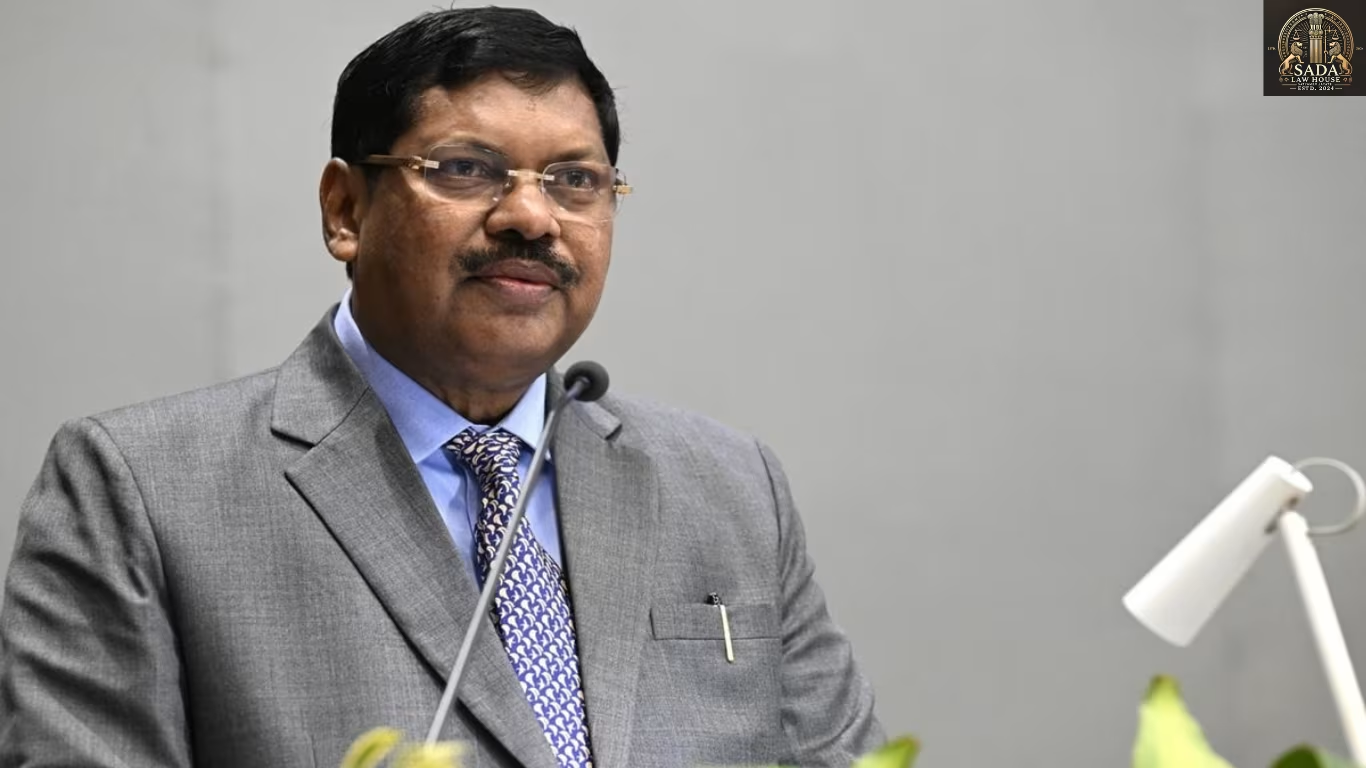Advocate Rakesh Kishore Attempts Shoe Throw at Chief Justice B.R. Gavai in Supreme Court
- Palak Singla
- 08 October 2025

Background
On 6 October 2025, a serious incident occurred in Court No. 1 of the Supreme Court of India, where Advocate Rakesh Kishore allegedly removed one of his sports shoes and attempted to throw it toward Chief Justice of India (CJI) B.R. Gavai.
Security personnel immediately restrained the advocate, who shouted “Sanatan ka apman nahi sahenge” (“We won’t tolerate an insult to Sanatan Dharma”).
The shoe did not reach the Bench, and the CJI calmly continued the proceedings, remarking, “These things do not affect me.”
The incident followed a recent controversy surrounding Justice Gavai’s remark in a Khajuraho Vishnu idol restoration case, where he commented, “Go and ask the deity itself to do something.” The statement had sparked significant backlash and debate over judicial speech and religious sensitivity.
Contempt of Court / Scandalising the Court
The act of attempting to hurl a shoe at a sitting Chief Justice during open court proceedings constitutes a serious act of contempt, particularly under the category of “scandalising the court.”
Under Section 2(c) of the Contempt of Courts Act, 1971, any act or statement that “lowers the authority of the court” or “interferes with the due course of justice” is punishable. Such behaviour not only undermines the judiciary’s dignity but also disrupts the sanctity of judicial proceedings.
The Supreme Court has consistently held that lawyers, as officers of the court, must uphold the highest standards of respect and discipline in courtroom conduct.
Professional Misconduct & Advocates Act
Following the incident, the Bar Council of India (BCI) took immediate disciplinary action under the Advocates Act, 1961 and the Bar Council of India Rules on Professional Conduct and Etiquette.
Licence Suspension: Advocate Kishore’s licence to practise was suspended with immediate effect, prohibiting him from appearing, acting, or pleading before any court in India.
Show-Cause Notice: The BCI issued a notice directing him to provide an explanation within 15 days, failing which further disciplinary action could be taken.
Coordination with Delhi Bar Council: The Delhi Bar Council was instructed to enforce the suspension order and inform all courts and tribunals.
The BCI observed that the conduct was “inconsistent with the dignity of the court,” reiterating that advocates are duty-bound to maintain decorum and restraint.
Conclusion
The incident serves as a stark reminder of the importance of professional ethics and respect for judicial institutions. The Supreme Court’s composure in handling the disruption contrasted sharply with the misconduct, reinforcing the principle that the dignity of the judiciary must remain inviolable. The ongoing disciplinary proceedings before the Bar Council of India will determine the final consequences for Advocate Kishore, likely setting a precedent for handling similar acts of contempt by legal practitioners.






